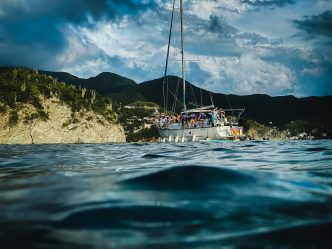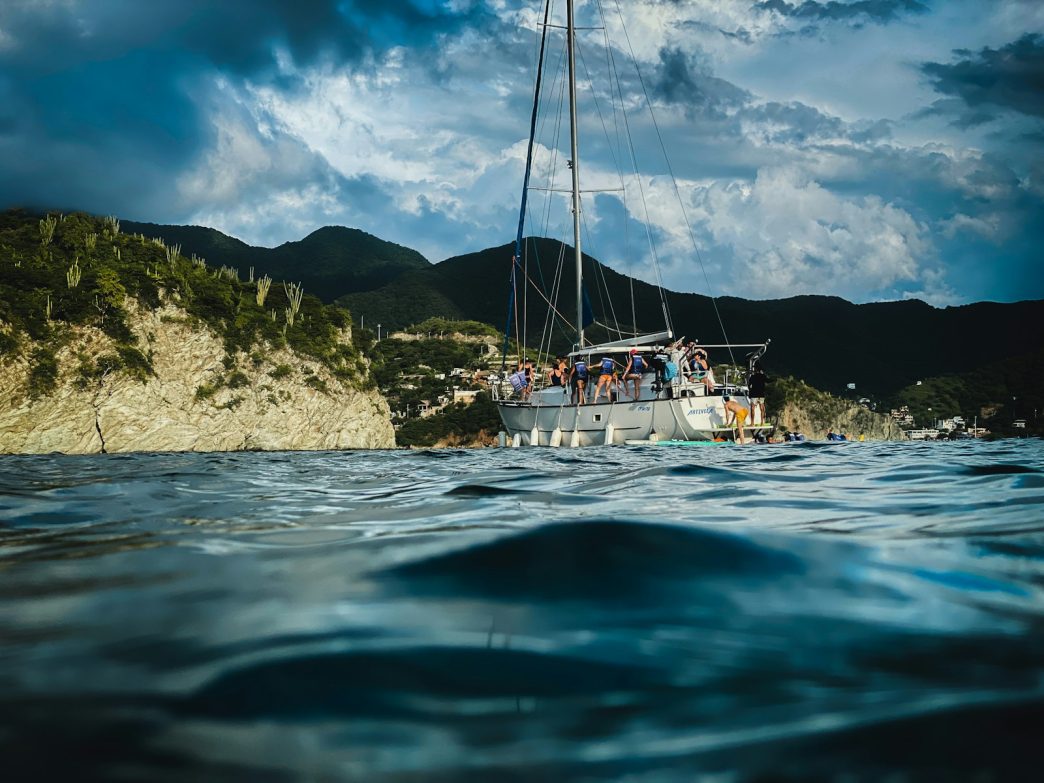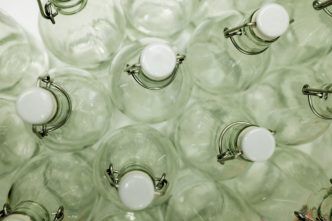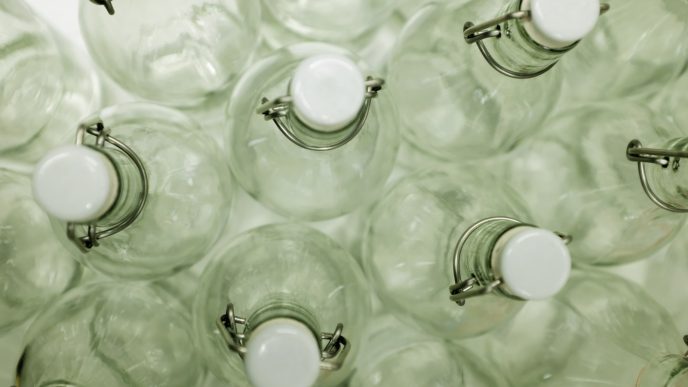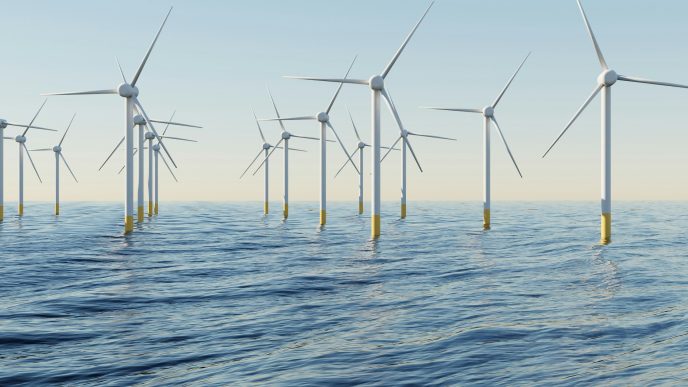If you love boating, you should know how to stay safe while at sea. Sailing all by yourself can be daunting or overwhelming. However, there are things you need to pay attention to so your experience will be smooth and safe.
Preparations Before Embarking on Your Boat
Sailing in boats is a sport or form of recreation that many people get attracted to. You can enjoy this form of sport by using a powerboat, sailboat, or man-powered vessel. There are also rowing and paddle boats that you can use for your leisurely activity. Thus, you need to wear life jackets while on board to prepare for unexpected emergencies.
Note that the weather can change quickly, especially on the water. Therefore, you need to check the weather news before going out sailing. That said, you also need to be mindful of the changes in wind and waves, as well as the sky conditions. Another thing is to follow the recommended passenger weight limit. You will be able to avoid any unwanted incidents if you do this. Overloading your boat can make it harder to control and will increase the risk of keeling over.
Safety equipment is also essential when you are on a boat, because you will never know when you are going to use a first-aid kit, fire extinguisher, flashlight, or whistle. Thus, you need to ensure that equipment is in good condition and readily available. Part of your preparation is to avoid drinking alcoholic liquor because it can impair your judgement and balance, as well as reaction time when operating a boat. There are already many incidents involving alcohol, so staying sober is just as important to ensure safe boating.
Emergency Procedures You Need for Boating
When you go boating, it is important to get familiar with the rules of navigation. Thus, you need to familiarise yourself with the basic boating rules of the road so that you can prevent collisions. At the same time, you have to understand the right-of-way, channel markers, and navigation lights.
That being said, you also need to avoid applying excessive speeds. That is because speeding can reduce your reaction time and control of the boat. So, you have to stay alert, particularly when you are in crowded or unfamiliar areas. It is also best to adjust your speed based on the current conditions.
Moreover, you must be knowledgeable about the emergency procedures if someone falls overboard. If you already have knowledge about said procedures, it is best to go over them before going out. Remember that knowing how to respond quickly could really make a difference.
Using the Right Gear While on Board
You need to have a standard approved life jacket or a personal flotation device (PFD) that fits perfectly when you go on board. This is very important, even if you are a strong swimmer, because a life-jacket or a PFD is a must-have in case of emergencies. You should also have a first-aid kit along with you when you go boating. Thus, you have to stock your first-aid kit with the essential bandages, antiseptics, and pain relievers, if possible. This is essential for treating minor injuries on water.
Another good addition to your set of gear is the communication device. For one, you may need a mobile phone fully-charged in a waterproof case, which may come in handy. Another reliable equipment for emergencies is a marine VHF radio, if available. This provides a way to call the nearby Coast Guard or other vessels nearby.
A flashlight and extra batteries should also help when you are navigating at night or when you are staying out longer than usual. More importantly, you may have a need for extra sun protection during the day. So, wear sunscreen, sunglasses, and a wide-brimmed hat before going out in the open. Remember that UV rays are stronger on the water that may lead to heat exhaustion or sunburn.
Basic Essentials You Can’t Sail Without
Fire extinguishers also come in handy in the event of fires on your boat. This may be approved by the Coast Guard prior to the use of any marine fire extinguisher. So, you must ensure it is accessible and in perfect condition. Basic tool kit and spare parts also give you a hand when minor repairs are necessary on the water.
Of course, you have to pack food or snacks and plenty of water, particularly for longer trips. Remember that the sun and salt can be a potent combination for dehydration. So, it is important that you stay hydrated at all times, especially when you go out boating.

